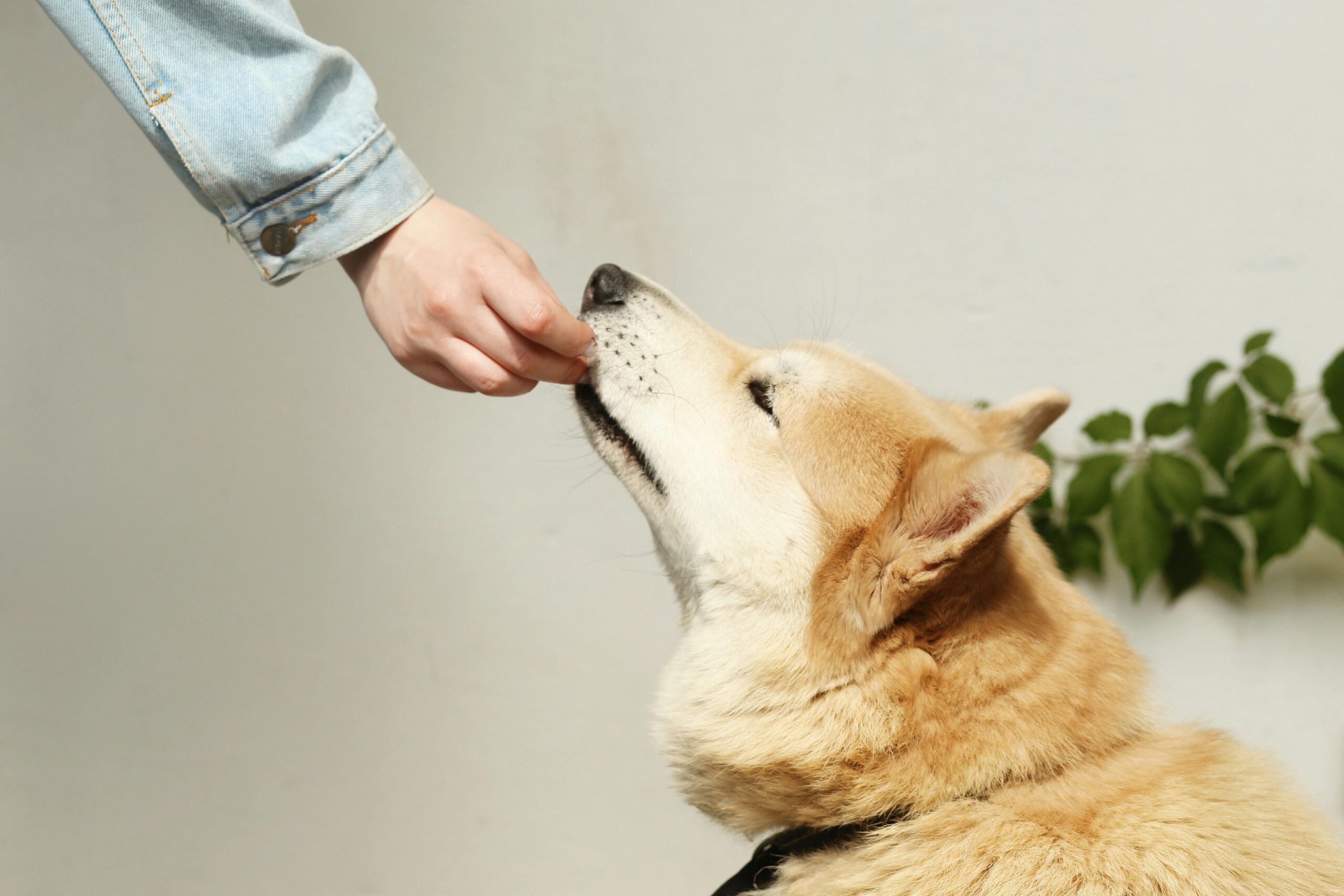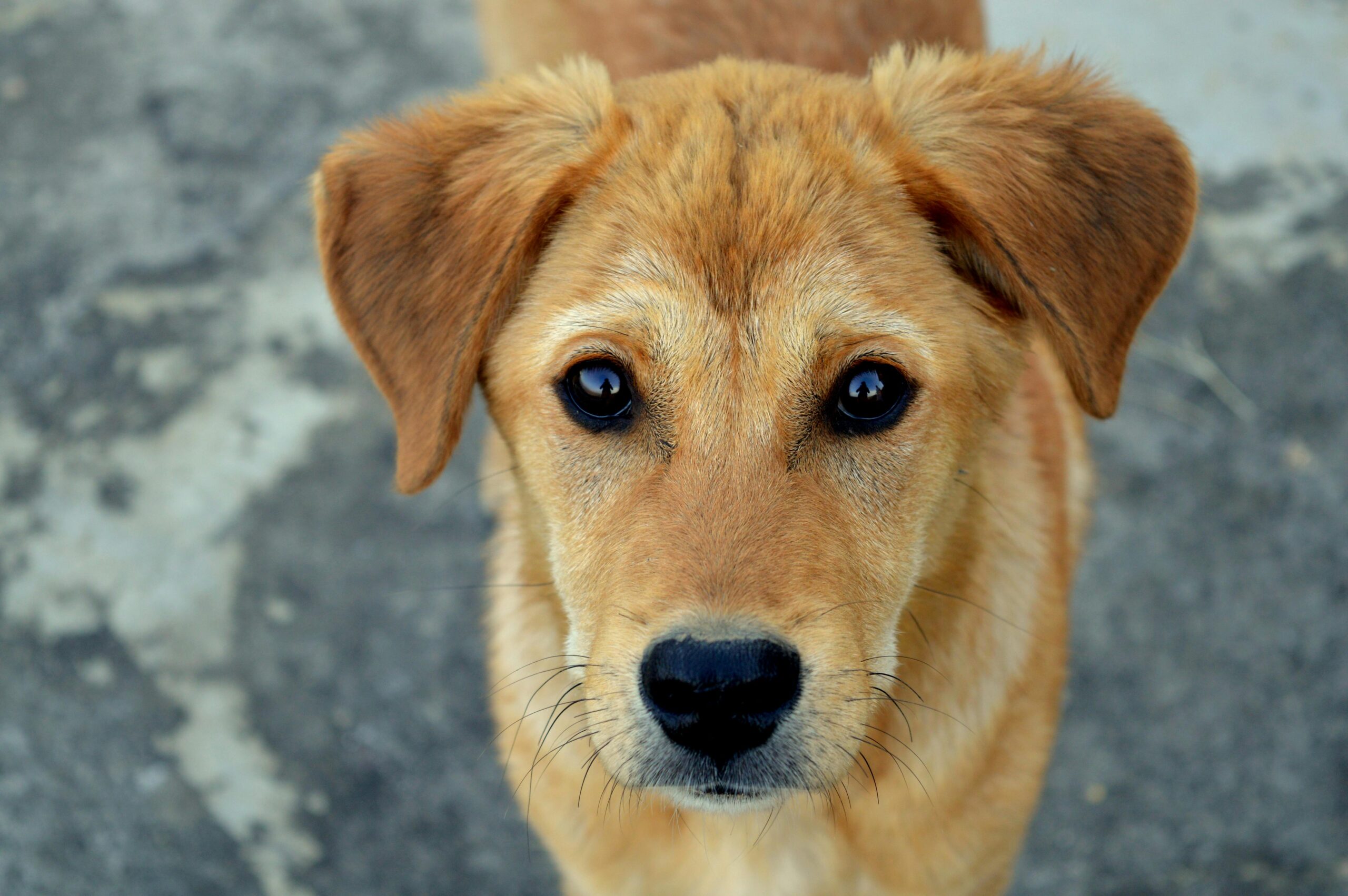Honey, with its tempting sweetness and myriad of health claims, is a pantry staple for humans. But the intrigue deepens when we ask: can this golden elixir do as much good for our canine companions as it supposedly does for us? This blog post unpacks the fuzzy question: can dogs have honey? We explore the health benefits, risks, safe dosages, and expert opinions on offering your pup a taste of this natural sweetness.
Health Benefits of Honey for Dogs
The potential benefits of honey for our canine companions reveal intriguing aspects of this natural sweetener. Honey’s antibacterial and anti-inflammatory properties, which are beneficial for humans, can extend some advantages to dogs. It may aid in soothing sore throats and promoting wound healing. However, the extent of its efficacy in addressing allergies in dogs remains uncertain. While honey is generally safe for dogs in moderation, it’s crucial to note that excessive consumption may contribute to weight issues due to its high sugar content. Careful consideration and consultation with a veterinarian are advisable before introducing honey into your dog’s diet, ensuring a balanced and informed approach to their health and well-being.
Nutritional Value
Raw, unprocessed honey contains many nutrients, including proteins, enzymes, vitamins, and minerals, potentially supporting your dog’s immune system and overall health. While these nutritional elements can be beneficial, it’s crucial to recognize that honey is not a substitute for a balanced dog diet and should only be considered an occasional treat. Moderation is key, as honey is high in natural sugars, and excessive consumption may contribute to weight issues. Before incorporating honey into your dog’s diet, consult a veterinarian to ensure it aligns with their nutritional needs and overall well-being. This cautious approach ensures that while honey can be a flavorful addition to your dog’s treats, it is integrated safely within the broader context of their health.
Wound Healing Properties
Honey’s antibacterial characteristics are well-documented. When applied topically to minor wounds, honey can create a barrier against infection and stimulate healing. Some veterinarians even recommend using veterinarian-formulated honey products on their patients.
Soothing Effects on Coughs and Allergies
The sweet and soothing qualities of honey extend beyond humans, potentially benefiting our canine companions. Traditionally used to calm sore throats, honey’s sweetness and consistency can be a comforting addition to your dog’s diet. This natural remedy, embraced by both humans and animals, has the potential to alleviate throat irritation and provide relief for coughs and seasonal allergies in dogs. While incorporating honey, especially in its raw and unprocessed form, can offer a palatable touch to your dog’s treats, it’s vital to exercise moderation and consider individual health factors. Before introducing honey as a remedy for your dog, consulting with a veterinarian ensures a safe and well-informed approach, optimizing its potential benefits for your furry friend.
Risks and Considerations
Moderation is essential with any food item, and honey is no exception, especially when considering the risks associated with its consumption for dogs. While honey can offer potential health benefits, such as soothing a sore throat, its high natural sugar content requires careful monitoring to prevent weight gain or dental problems. Additionally, raw honey may contain botulism spores, posing a risk for puppies and dogs with compromised immune systems. It’s crucial to exercise caution, consult with a veterinarian, and ensure that honey is introduced sparingly and safely into your dog’s diet, recognizing both its potential advantages and associated risks.
Allergies
Just like in humans, dogs can be allergic to honey. It’s essential to carefully monitor your dog for adverse reactions when introducing honey into their diet. Signs of an allergic reaction might include itching, hives, swelling of the face, vomiting, or diarrhea. Always consult your veterinarian before introducing new foods, especially if your dog has known allergies.
Weight Gain
Honey is high in calories and contains natural sugars, which can contribute to weight gain if over-consumed. If your dog is overweight or suffers from conditions exacerbated by sugar intake, such as diabetes, honey is best avoided.
Sugar Content and Dental Health
Any high-sugar food can be a concern regarding a dog’s dental health. The sugar in honey can lead to tooth decay and other dental issues. If you choose to give your dog honey, do so in a manner that minimizes its contact with your dog’s teeth. Mix honey into their food or use it in homemade treats.
Safe Ways to Offer Honey to Dogs
If you choose to treat your dog to honey, it’s important to do so in safe ways. Start by offering a small amount to ensure your dog tolerates it well. You can mix a small portion of honey into your dog’s regular food, use it as a drizzle over treats, or even let them lick a minimal amount directly. Be mindful of the honey’s form—raw, unprocessed honey is preferable. Always avoid giving honey to puppies under one-year-old and dogs with compromised immune systems due to the potential presence of botulism spores. Monitoring for adverse reactions and consulting with a veterinarian before incorporating honey into your dog’s diet ensures a safe and enjoyable treat for your furry friend.
Moderation
For smaller dogs, a little honey can have a significant impact. Begin with a tiny amount and closely observe how your dog’s body reacts before determining a regular serving size. During this introductory phase, monitoring for any signs of digestive upset or allergies is essential. Due to the high sugar content in honey, particularly for smaller breeds, it’s crucial to exercise caution and avoid excessive consumption to prevent potential weight gain or other health issues. By starting small and gauging your dog’s response, you can tailor the amount of honey to ensure a positive and safe experience, promoting palatability and well-being in your canine companion.
Raw vs. Processed Honey
Choosing raw honey for your dog ensures they receive the full spectrum of nutrients and potential benefits. Raw honey retains its natural composition, containing proteins, enzymes, vitamins, and minerals that may support your dog’s health. Conversely, processed honey may undergo heating and filtration, potentially reducing its nutritional content. Moreover, processed honey might include additives that could pose digestive concerns for your dog. Opting for raw, unprocessed honey guarantees a more wholesome and beneficial addition to your dog’s diet. Always read labels and choose a high-quality, natural honey source to maximize the potential advantages and minimize any potential risks associated with additives or processing.
Mixing with Food or Treats
To mitigate the risk of dental issues and promote a slow ingestion rate, consider incorporating honey into your dog’s food or using it as an ingredient in baked treats or toys like kongs. This method minimizes the likelihood of honey sticking to your dog’s teeth, reducing the potential impact on dental health. Incorporating honey into a broader meal or treat provides a controlled and enjoyable way for your dog to savor this sweet addition while maintaining their oral well-being. As with any dietary changes, introducing honey gradually and monitoring your dog’s response is crucial to ensuring a positive and safe experience.
Expert Opinions and Studies
Veterinarians are the voice of reason regarding your dog’s diet and health. Many recommend honey, especially as a topical treatment for wounds or in small quantities for specific health conditions. However, much like any classroom subject, there’s a range of opinions out there. Always consult your vet to get an informed and personalized perspective for your pet.
- Research Findings on Honey for Dogs
While numerous studies support the effectiveness of honey in human health, the data on honey’s benefits for dogs could be more extensive. However, anecdotal evidence from dog owners and veterinarians suggests that honey can benefit your dog’s diet in the right quantities and under the right circumstances.
Conclusion
The final word on honey for dogs is that it can be safe and beneficial under the right conditions. It’s crucial to be mindful of the portion size, the form (raw is preferred), and how it’s incorporated into your pet’s diet. The consensus is clear: offering your dog a sweet lick of honey can occasionally be a wholesome nod to its health, as long as you exercise caution and good judgment.
When pondering, ‘Can dogs have honey,’ the sweet spot lies in informed and moderated sharing. The nectar might well sweeten your dog’s health repertoire, but always in doses that sit well within their unique nutritional needs. If in doubt, buzz over to your vet for their professional opinion. After all, good health—whether for us or our pets—is a spoonful of truth with a drop of sweetness.




